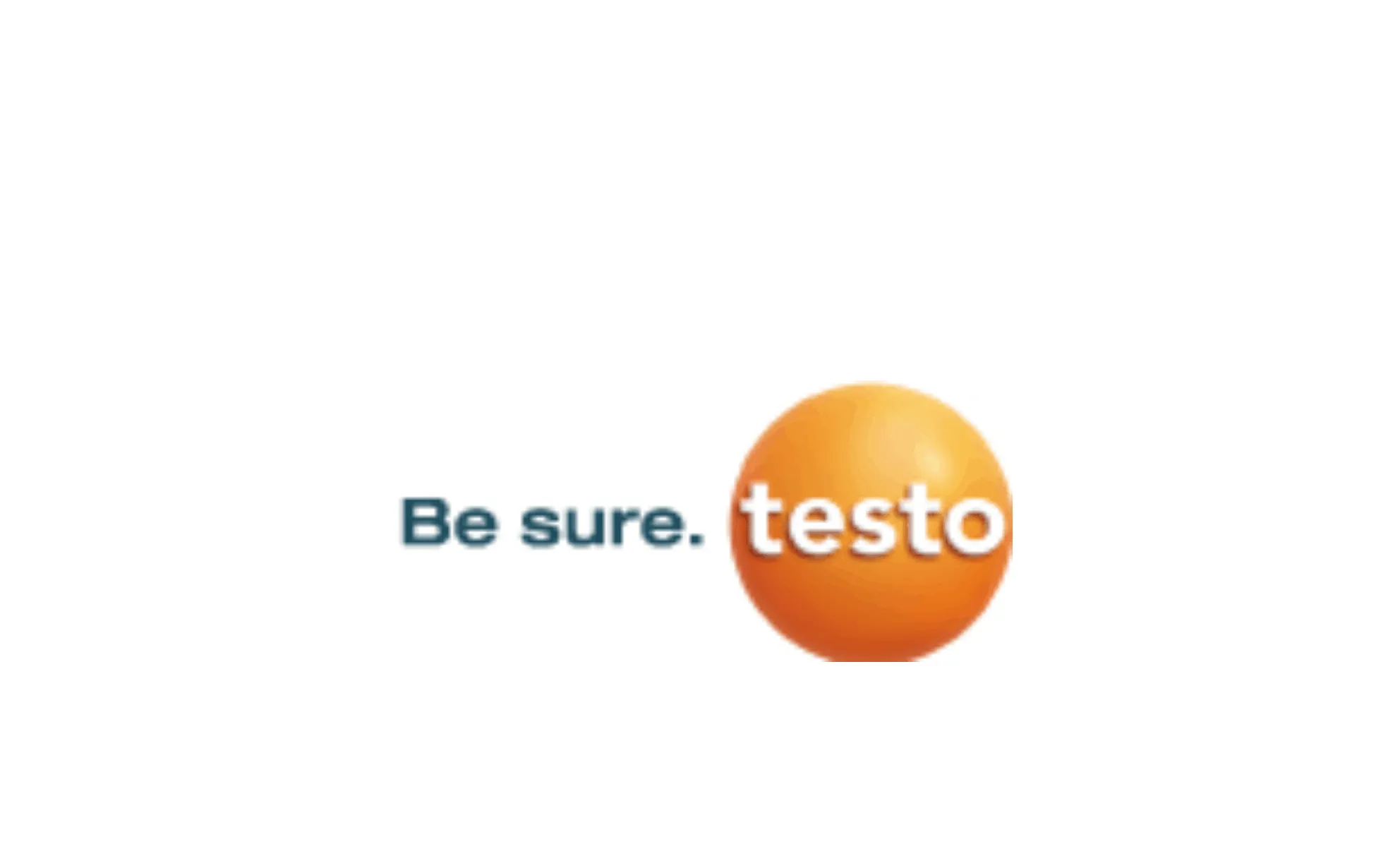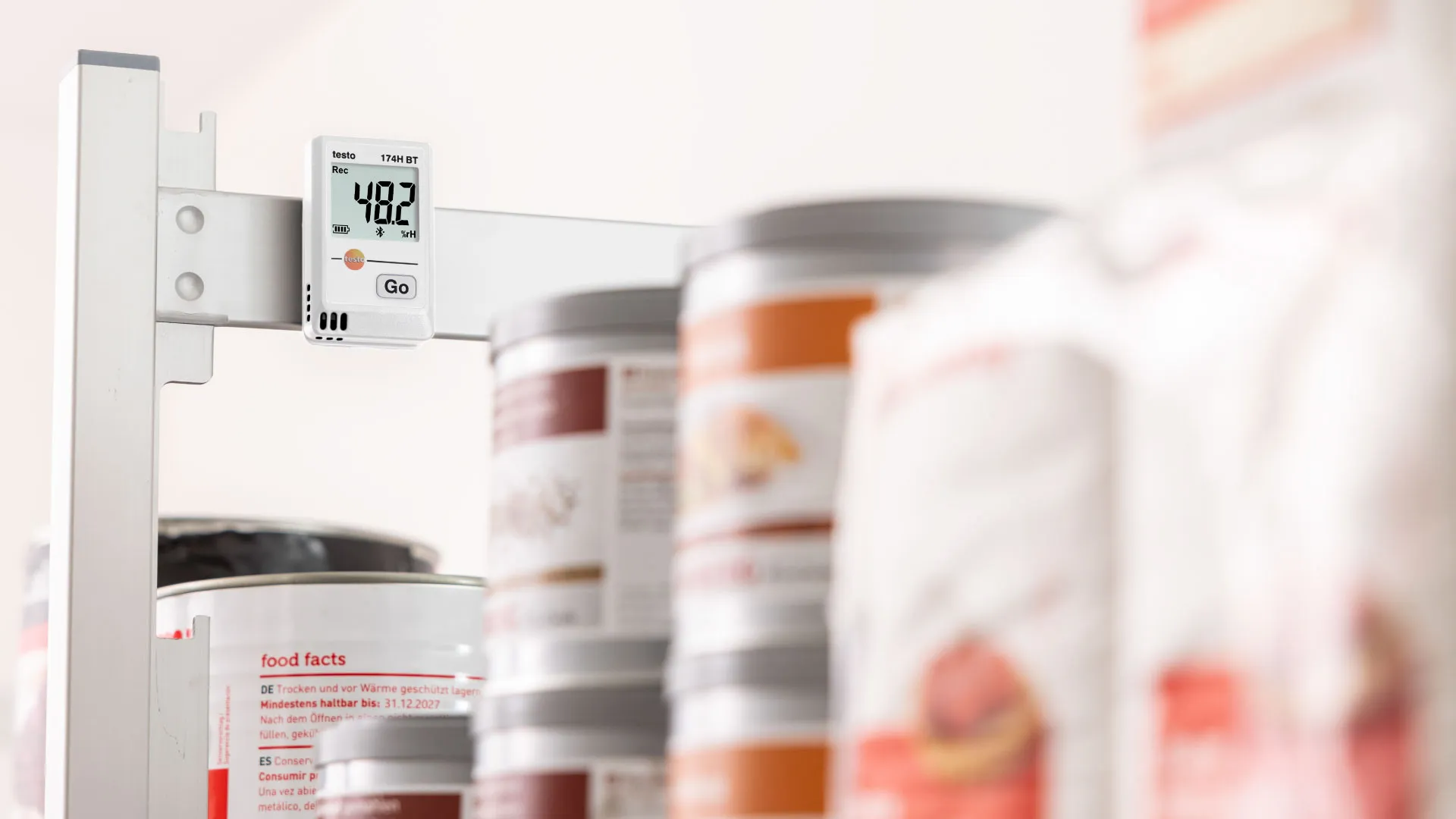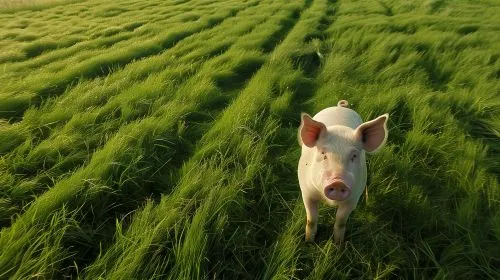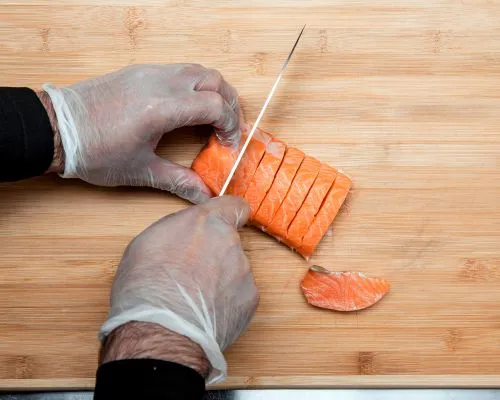1303
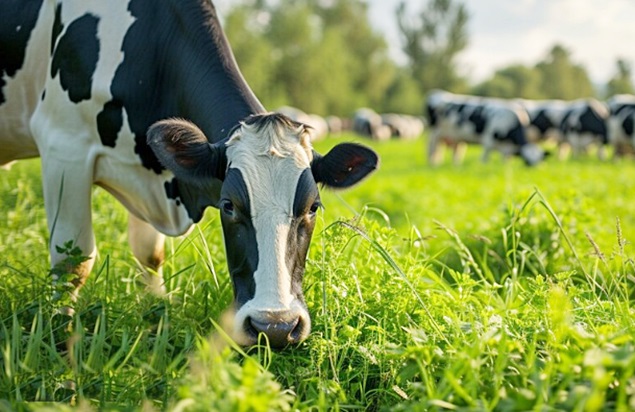
Historic Merger Between Arla Foods and DMK Raises Concerns Among European Dairy Farmers
In the spring of 2025, two of Europe’s largest dairy cooperatives — Arla Foods from Denmark and DMK from Germany — announced a historic merger. According to Euractiv, this consolidation has created the continent’s largest dairy cooperative, representing over 12,000 farmers and generating annual revenues of approximately €19 billion.
While officials from both companies described the merger as a strategic move to strengthen resilience amid an anticipated decline in milk production across Europe, many farmers view it with skepticism and concern.
Their primary fear is that such consolidation will exacerbate existing imbalances in the supply chain, further weakening farmers’ bargaining power and pushing smaller producers to the margins of the market.
These concerns are not new. In May 2024, around one hundred farmers protested in front of EU institutions in Brussels, demanding legislation to prohibit the sale of dairy products below production cost.
Kjartan Poulsen, President of the European Milk Board, emphasized that in many cases, the cost of producing milk exceeds its selling price, making dairy farming unsustainable for a large number of producers.
In Italy, the situation is particularly severe. According to Roberto Cavaliere, President of the Po Valley Milk Producers Association, the average production cost ranges between 60 and 65 euro cents per liter, while the selling price is approximately 50 cents. This discrepancy has led to the closure of nearly 90,000 farms between 1997 and 2023.
Against this backdrop, the Arla-DMK merger is seen by many farmers as an additional threat. Their main concern is that the newly formed mega-cooperative could dominate the market, dictating prices and commercial terms, leaving small-scale producers with no viable alternatives.
To address these concerns, the European Commission proposed a set of measures in December 2024 aimed at rebalancing bargaining power within the food supply chain. These include mandatory written contracts and mediation mechanisms for resolving disputes between farmers and buyers. The Commission has also proposed strengthening producer organizations to give farmers a stronger voice in negotiations.
However, farmer representatives argue that these steps are not enough. They are calling for structural reforms to ensure fair pricing and long-term sustainability. The European Milk Board has issued a call for EU-wide regulations to ban the sale of agricultural products below production cost and to introduce crisis-prevention tools, such as voluntary production reduction during times of oversupply.
